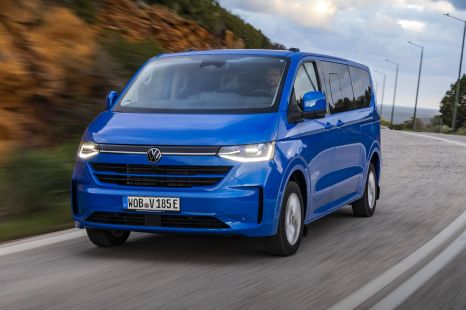

Dave Humphreys
2025 Volkswagen Transporter review: Quick drive
6 Months Ago

Contributor
Peugeot will introduce its first production hydrogen fuel-cell vehicle in France and Germany later this year, but it’s off the table for Australia.
The Peugeot e-Expert Hydrogen van will be based around a “mid-power plug-in hydrogen fuel cell electric” system.
It comprises a hydrogen fuel-cell, which produces the electricity needed to run the electric motor in the van, and a 10.5kWh lithium-ion battery that can also be charged from the electricity grid and helps to run the electric motor under certain situations.
The onboard electric motor produces 100kW of power and 260Nm of torque, identical to that in the regular, battery-electric e-Expert.
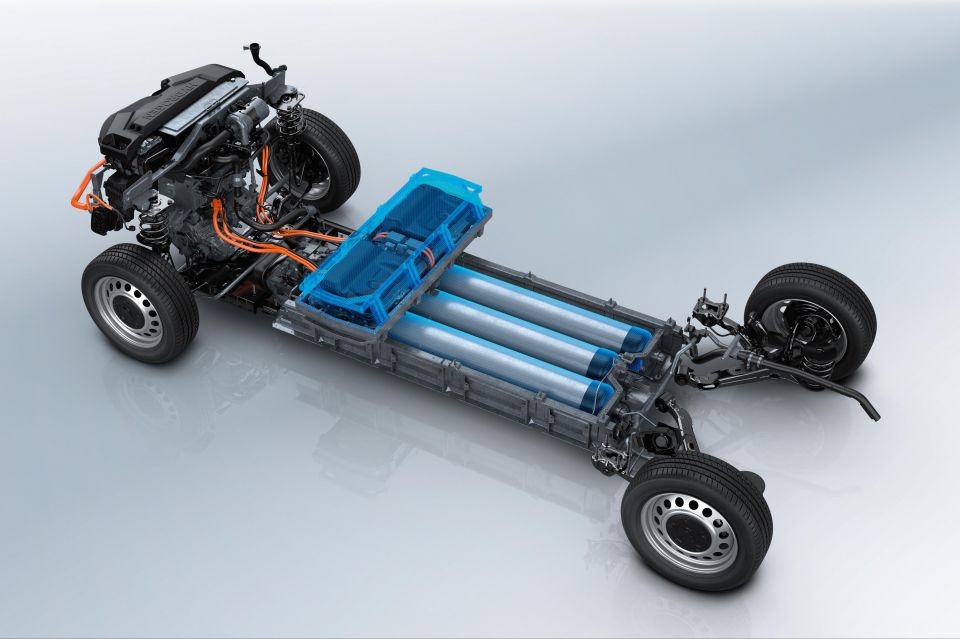
The driver can choose between Eco (60kW/190Nm), Normal (80kW/210Nm) and Power (100kW/260Nm) drive modes.
At low speeds, the battery provides the electric motor with power. Continue at a steady speed and the fuel cell supplies the energy directly to the motor, with both the motor and battery working together during acceleration and hill-climbing.
Peugeot says that the biggest benefits of the e-Expert are its ability to cover long distances with zero CO2 emissions and its 400km (WLTP) of range from just three minutes of hydrogen filling.
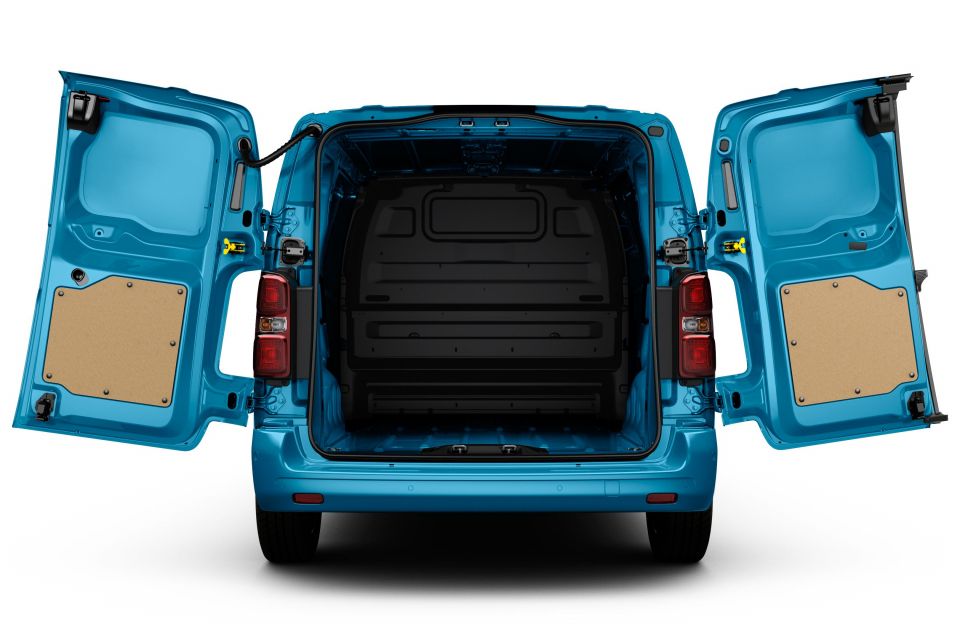
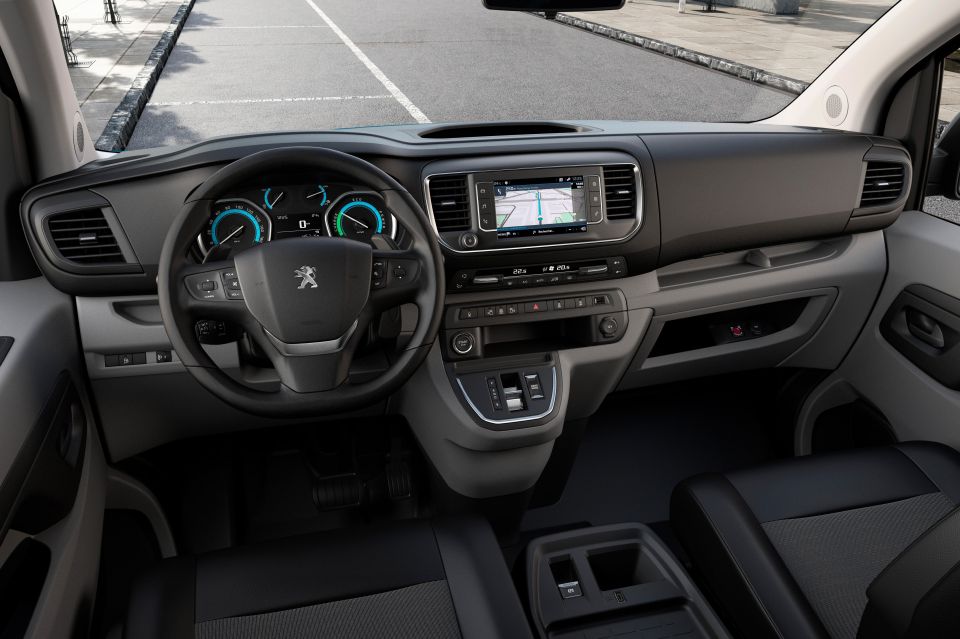
Like all hydrogen cars, the only substance emitted from the e-Expert’s tailpipe is water.
The e-Expert Hydrogen will have a total payload of 1100kg and towing capacity of up to 1000kg, while load space is unchanged from diesel and battery-electric Expert models.
Peugeot will also offer the e-Expert Hydrogen in Standard and Long body styles.
Its 400km of range is superior to that of the battery-electric e-Expert, which has between 230km and 330km of range depending on the variant.
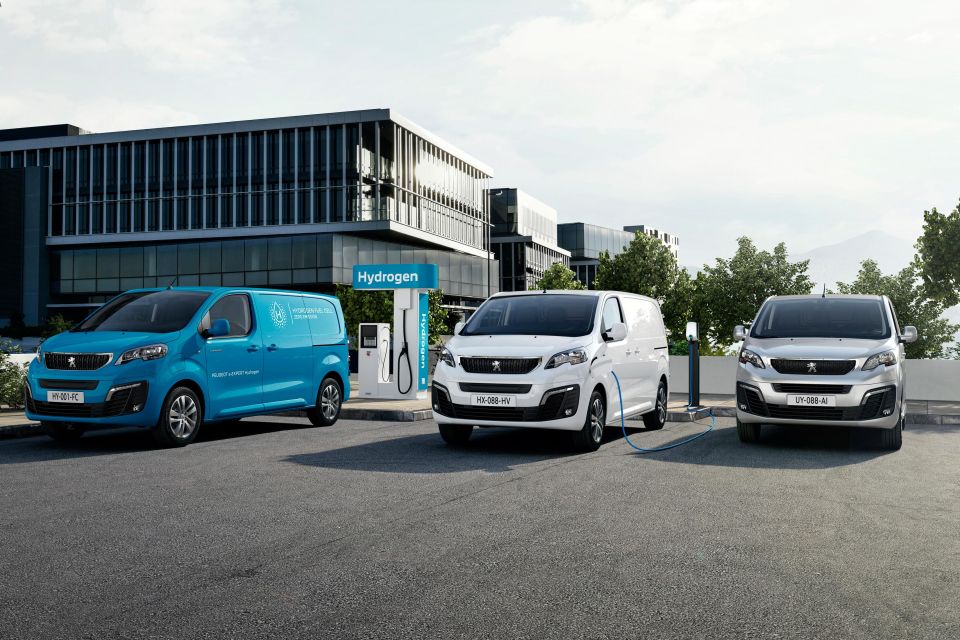
While the e-Expert Hydrogen won’t be coming Down Under, Peugeot has plans in place to get other electrified vehicles onto our shores.
The company will begin its Australian electrification journey with the release of the plug-in 3008 Hybrid4 and the 508 Hybrid fastback in the fourth quarter of 2021.
Peugeot says that beginning in 2022, it will be introducing full battery-electric vehicles to the Australian market.

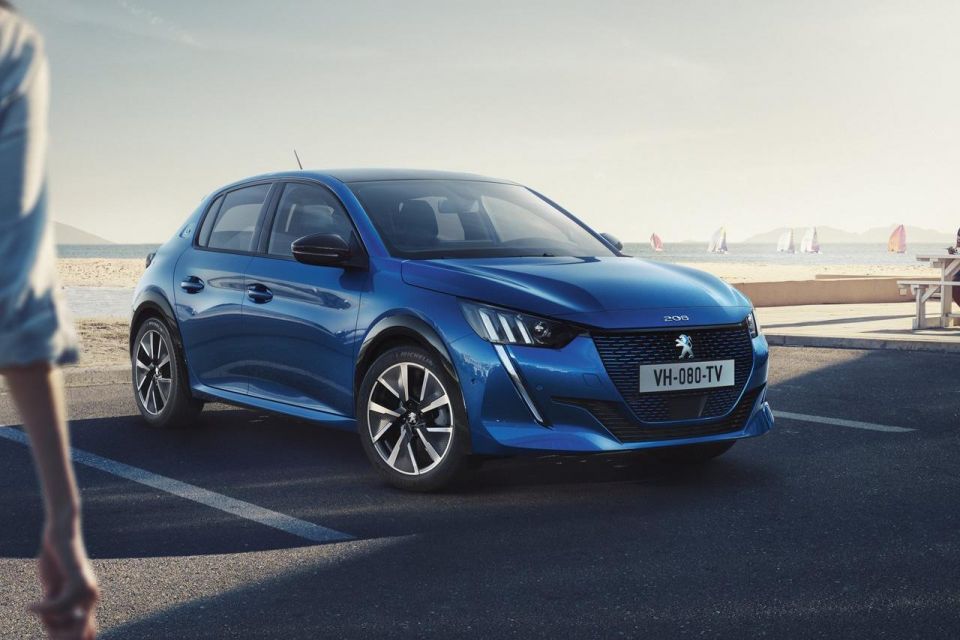
These models could potentially include the regular battery-electric e-Expert, as well as its e-Partner and e-Boxer van siblings.
While Peugeot has previewed a few hydrogen fuel-cell concepts in the past, the e-Expert Hydrogen will be its first production FCEV.
Other manufacturers including Toyota and Hyundai have been in the hydrogen game for a while.
Toyota has brought 20 examples of its Mirai FCEV to Australia and opened Victoria’s first solar-powered hydrogen production site and refuelling station in Altona.


Hyundai has also brought 20 examples of its Nexo FCEV to Australia and, like the Mirai, these will be used in government fleets.
The Korean automaker has also announced that it will bring hydrogen fuel-cell trucks to Australia by 2025 in a bid to replace diesel-powered counterparts.
The company is aiming for the trucks to have at least 1000km of range and sub-15 minute refill times.
Where expert car reviews meet expert car buying – CarExpert gives you trusted advice, personalised service and real savings on your next new car.


Dave Humphreys
6 Months Ago
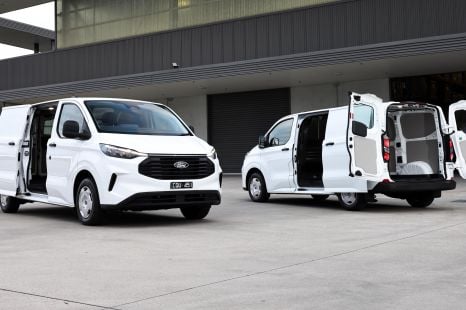

Max Davies
5 Months Ago
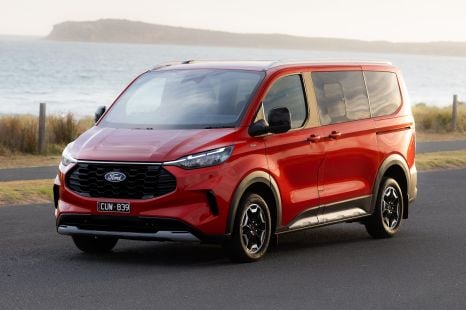

Josh Nevett
5 Months Ago
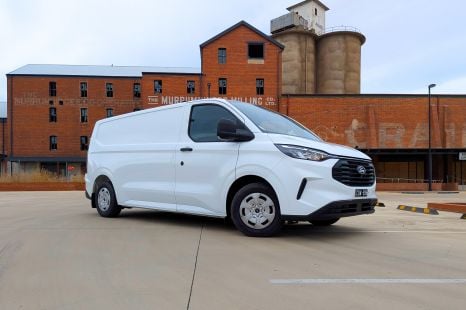

William Stopford
3 Months Ago
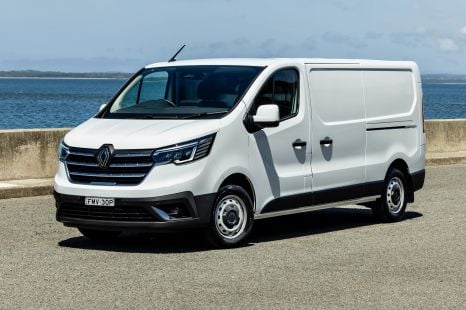

Max Davies
3 Months Ago
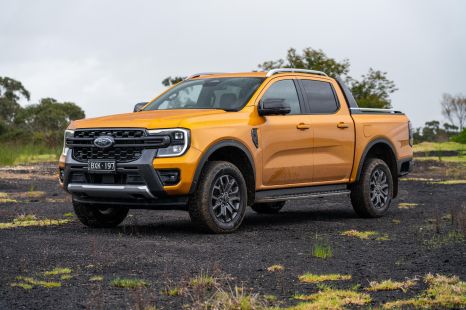

William Stopford
3 Months Ago